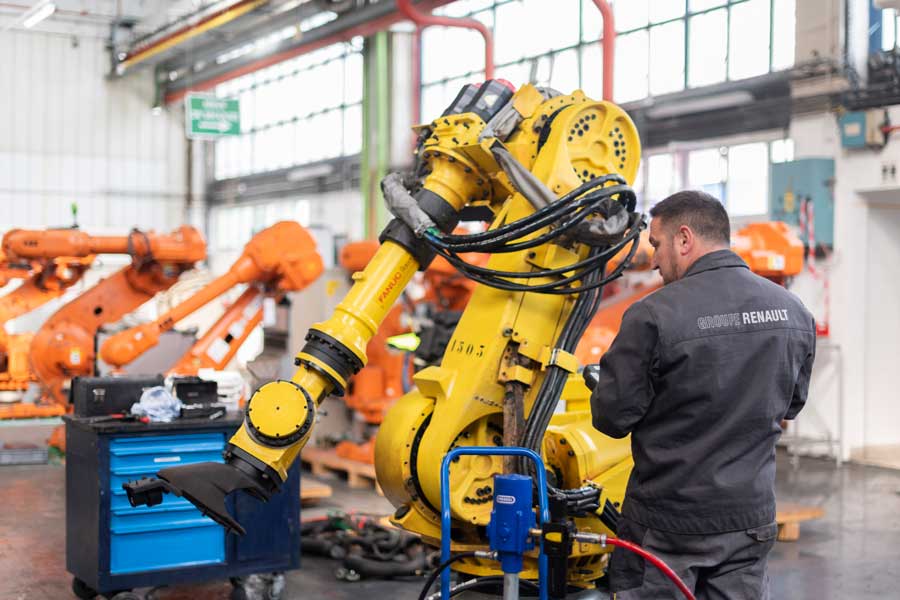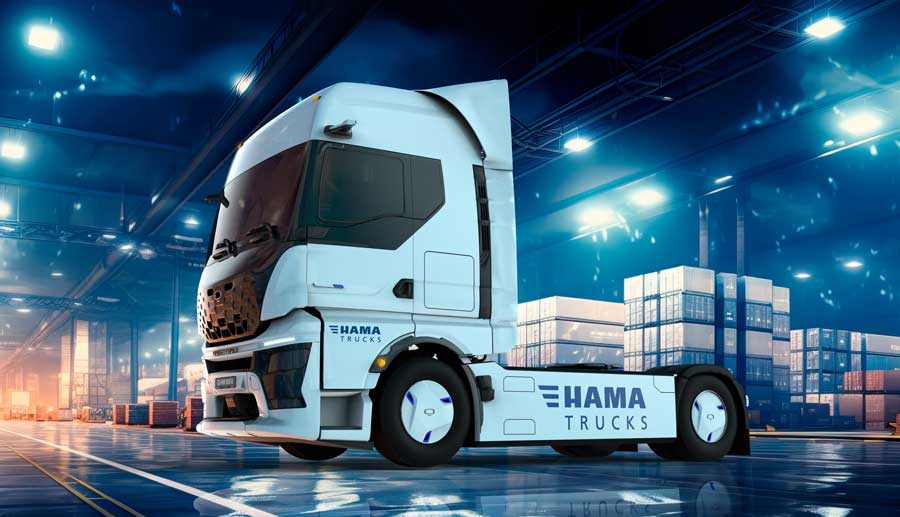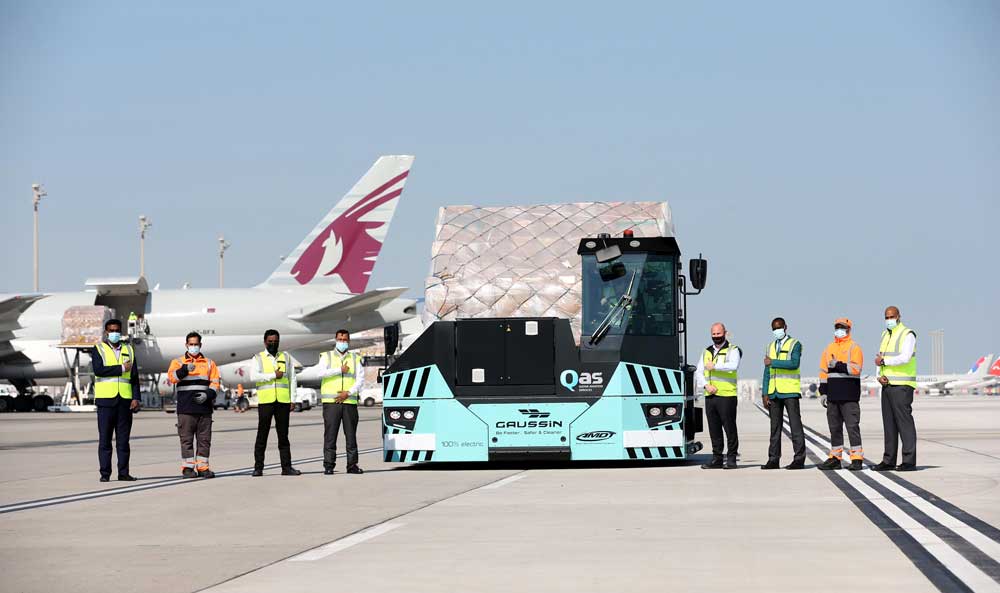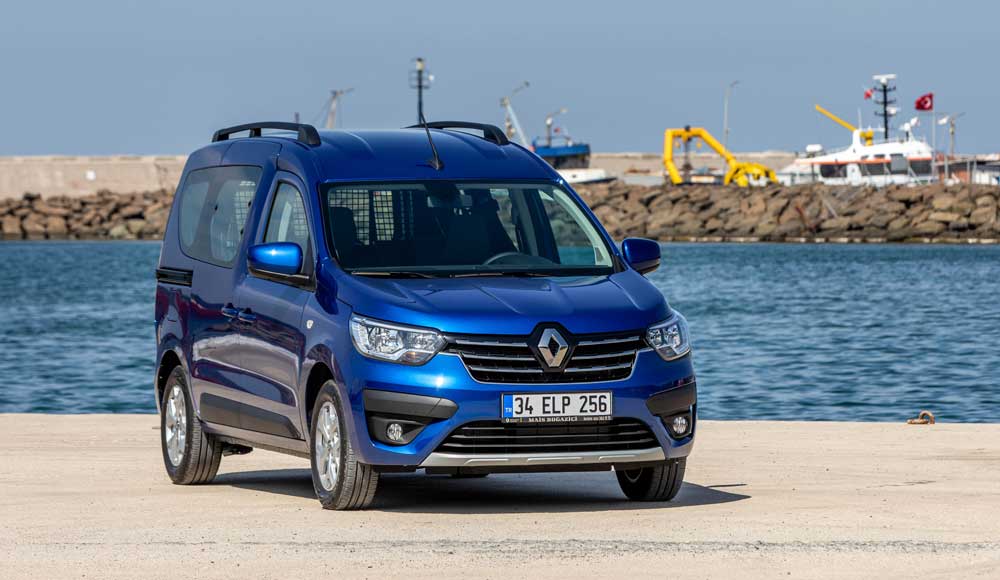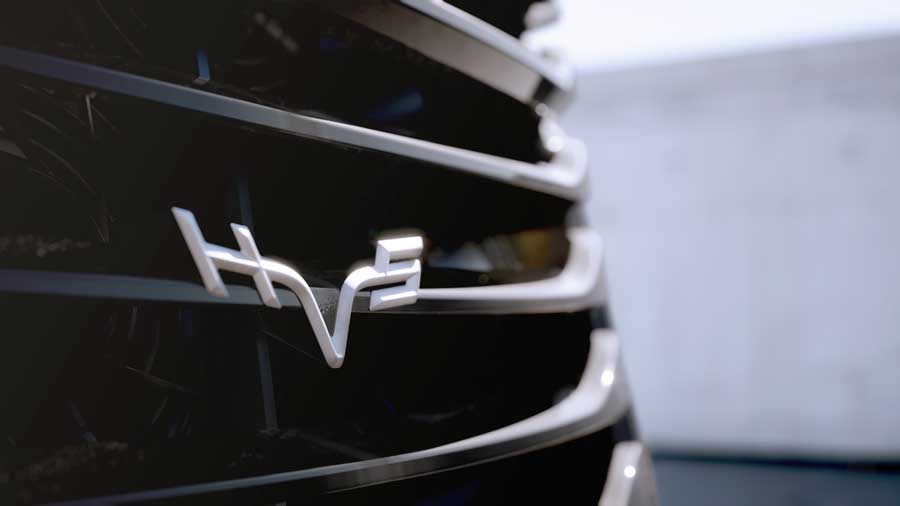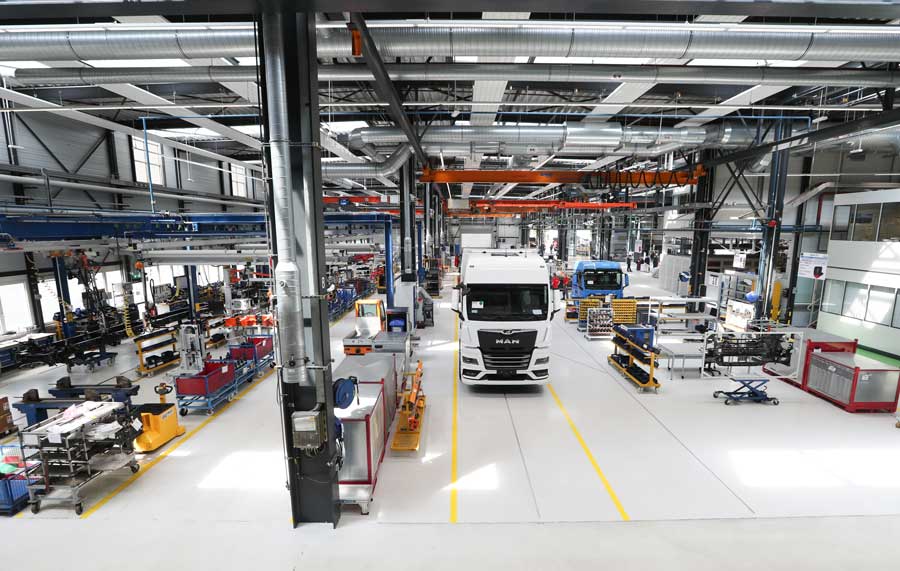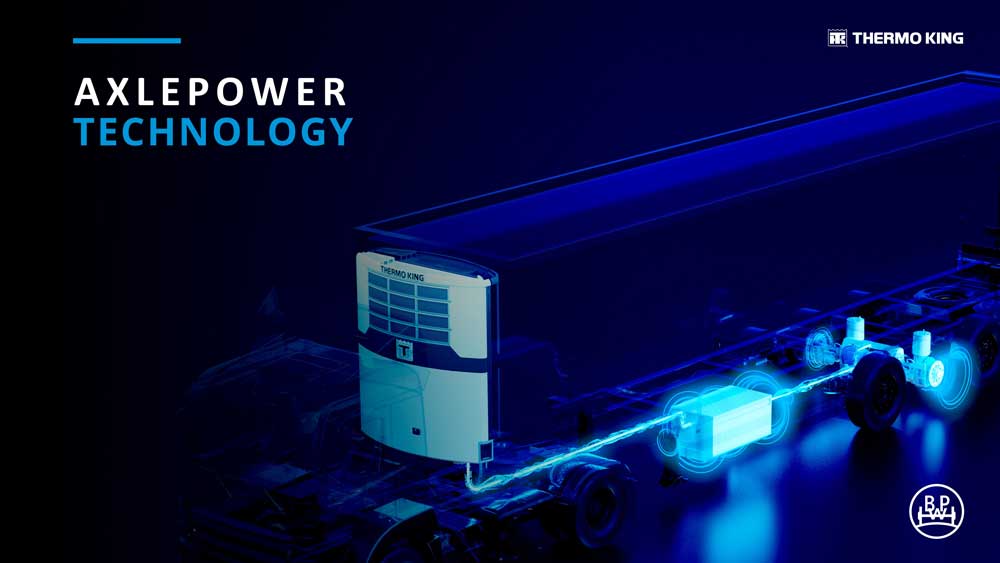At the end of 2020, the Renault plant in Flins (France) embarked on a new path, to focus entirely on the circular economy. This is how the Refactory was born. It is well known for refurbishing used vehicles and for its role in Renault Group’s approach – i.e. generating value throughout the life cycle of its brands’ models. But the vehicles are not the only ones that are enjoying the benefits of transformation. The Refactory in Flins now houses a new workshop that retrofits robots.
Dozens of robots are waiting in line for their metamorphosis at the Refactory in Flins. A bit like Benjamin Button, the character in the short story by F. Scott Fitzgerald who ages backwards. How? In this case, at the Retrofit unit, which is tasked with refurbishing them before they return to production lines. This unit has revamped 40 robots so far this year to contribute to starting up substantial projects such as the All-new Megane E-TECH Electric in Douai.
Sandouville, Maubeuge and Douai… sharing robots
It looks like a senior-citizen get-together of sorts. The robots that retired from the plants in Sandouville, Maubeuge and Douai are gathered in the workshop that Nathalie, Deputy General Manager Tooling in Flins, runs. In the past, each plant retrofitted its own machines. Now, the Refactory revamps them all, to enjoy the benefit of specialist teams pooling their expertise in a dedicated workshop. By 2023, the team will double in size and have eight technicians and a scheduler.
Once the robots are cleaned through and through, the roboticists examine them to determine what they need to do to “revitalise” them. It can be replacing the electronic card, harness, motor or wrist (part of the arm). And the Refactory can handle them all. In total, it takes about 40 hours to retrofit a robot these days.
The robots that got here in 2021 came from Maubeuge plant, when it stopped producing the previous Kangoo and started producing the new version in a new workshop. The first 18 welding and handling robots were dismantled and sent to Flins for a makeover. Once they are refurbished, they will take up their new duties in Douai, on the All-new Megane E-TECH Electric assembly line.
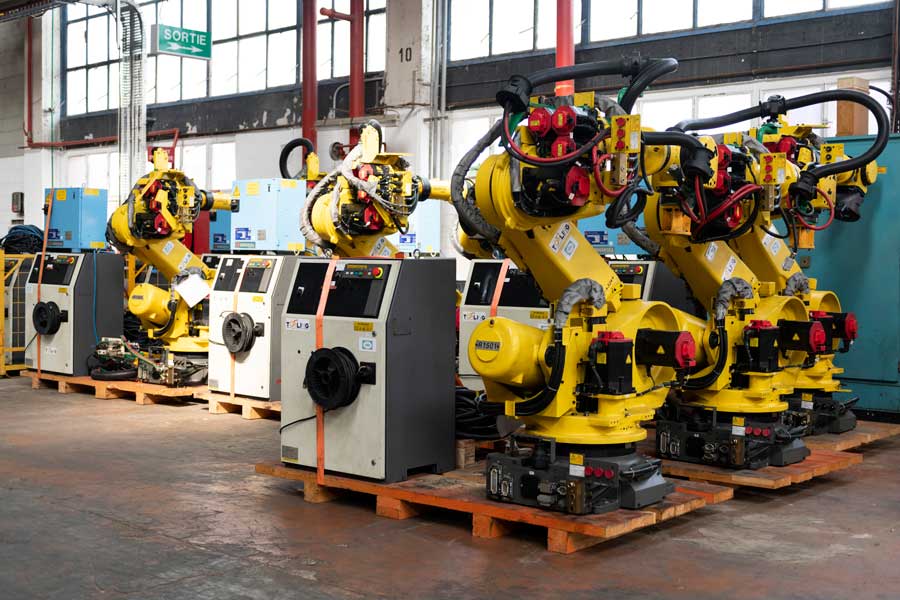
The stages of the metamorphosis
There are several steps to go through before retrofitting robots: recording the models’ end-of-production dates, determining when facilities will be available and centralising plants’ requirements. This is what Gabriel, an industrial capacity life cycle architect, does. His job is to coordinate all the inventorying operation with a correspondent at each plant and liaising with future clients. After the first step, i.e. assigning, the retrofit crew takes over robot dismantling, transport and transformation. They clean them, drain them, change parts, update the system, test their accuracy and endurance, and prepare them to ship out. All those steps are necessary to revamp production systems properly.
Next stop: Spain
The workshop, which started up barely a year ago, is already extremely successful and orders for robots are flowing in. Even Spain has signed up to revamp part of the sheet metal shop at the plant in Valladolid. The plant has ordered six robots (including four crimping ones), which will be supplied by Sandouville then retrofitted in Flins. To deal with all these requests, the workshop is also planning a makeover: in July, it will be extended and house new facilities to increase its capacity. And, in full disclosure, it is already preparing a few robots for an eagerly anticipated model: the future electric Renault 5, which will be made in Douai within the Renault ElectriCity sites.
This new and economically virtuous operation is meeting challenges around the ecological transition and more sustainable consumption. Buying less, extracting value from products that already exist and creating a new industrial model centred on the circular economy is one of Renault Group’s priority commitments.


